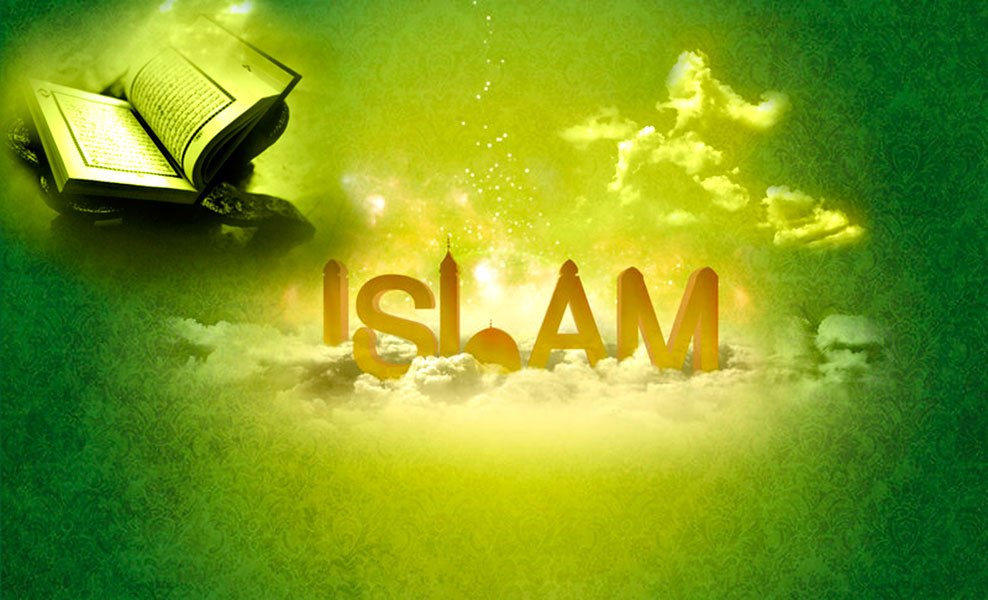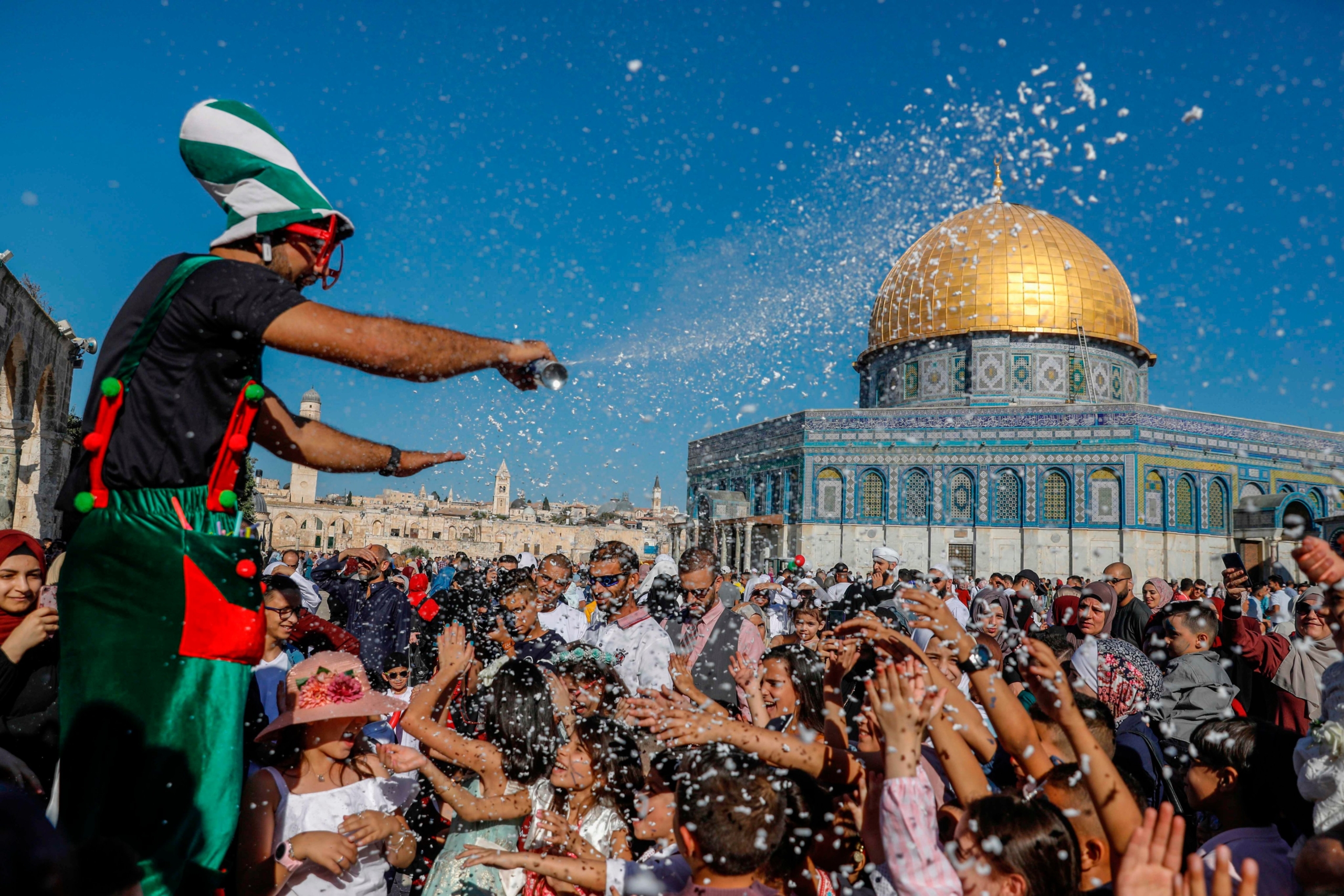Islam is one of the major religions in the world, with over 1.8 billion followers. Islamic festivals or holidays are essential to Islamic culture and allow Muslims to strengthen their faith and connect with their community. This article is a comprehensive guide to the most important festivals in Islam, their significance, and how they are celebrated.
Introduction to Islamic Festivals
Islamic festivals are based on the Islamic lunar calendar, 11 days shorter than the Gregorian calendar used in the Western world. The Islamic calendar has 12 months, and each month starts with the sighting of the new moon. The most important Islamic festivals are Eid al-Fitr and Eid al-Adha, followed by the month of Ramadan, which is observed as a period of fasting and spiritual reflection.
What are The Festivals in Islam?
1. Ramadan: The Month of Fasting
Ramadan is the ninth month of the Islamic calendar and is observed by Muslims worldwide as a period of fasting, prayer, and reflection. During this month, Muslims fast from dawn until sunset, abstaining from food, drink, and other physical needs. The fast is broken at sunset with a meal called Iftar.
2. Eid al-Fitr: The Festival of Breaking the Fast
Eid al-Fitr is celebrated at the end of Ramadan, marking the end of the month-long fasting period. It is a time of joy and celebration, with Muslims attending special prayers and spending time with family and friends. Eid al-Fitr is also an occasion for giving to charity and showing gratitude for the blessings in life.
3. Hajj: The Pilgrimage to Mecca
Hajj in Islam is one of the five pillars of Islam and is an obligatory religious duty for Muslims who are physically and financially able to make the journey to Mecca. It is the largest pilgrimage in the world, with millions of Muslims traveling to Mecca each year. The Hajj is a spiritual journey that involves a series of rituals, including circumambulating the Kaaba, a cube-shaped building in the center of the Great Mosque of Mecca.
4. Eid al-Adha: The Festival of Sacrifice
Eid al-Adha is celebrated at the end of the Hajj and marks the willingness of the Prophet Ibrahim to sacrifice his son as an act of obedience to God. Muslims worldwide offer an animal, usually a sheep, cow, or goat, as a symbol of their willingness to submit to God’s will. The meat is divided into three parts, one given to people experiencing poverty and people in need.
5. Eid al-Ghadir: The Festival of Ghadir Khumm
Eid al-Ghadir is a Shia Muslim festival that celebrates the appointment of Ali ibn Abi Talib as the successor to the Prophet Muhammad. It is celebrated on the 18th of Dhu al-Hijjah, the last month of the Islamic calendar.
6. Ashura: The Day of Remembrance
Ashura is a Shia Muslim festival commemorating the martyrdom of Hussein, the grandson of the Prophet Muhammad, at the Battle of Karbala. It is observed on the 10th day of Muharram, the first month of the Islamic calendar.
7. Milad un-Nabi: The Birthday of the Prophet Muhammad
Milad un-Nabi is celebrated by Muslims worldwide to mark the birth of the Prophet Muhammad. It is observed on the 12th day of Rabi al-Awwal, the third month of the Islamic calendar.
8. Laylat al-Qadr: The Night of Power
Laylat al-Qadr is believed to be the night when the first and final verses of the Quran were revealed to the Prophet Muhammad. It is one of the holiest nights in the Islamic calendar and is believed to occur during the last ten nights of Ramadan.
9. Mawlid al-Nabi: The Birth of the Prophet Muhammad
Mawlid al-Nabi is another celebration of the birth of the Prophet Muhammad, observed by Sunni Muslims on the 12th day of Rabi al-Awwal, the third month of the Islamic calendar.
10. Day of Arafat: The Second Day of the Hajj
The Day of Arafat is the second day of the Hajj pilgrimage, observed on the 9th day of Dhu al-Hijjah. It is a day of intense prayer and reflection, with Muslims standing in prayer for long periods.
11. Isra and Mi’raj: The Night Journey and Ascension of the Prophet
Isra and Mi’raj is an Islamic holiday that celebrates the night journey and ascension of the Prophet Muhammad. It is observed on the 27th day of Rajab, the seventh month of the Islamic calendar.
12. Lailatul Barat: The Night of Forgiveness
Lailatul Barat is a night of forgiveness observed by Muslims on the 15th night of Shaban, the eighth month of the Islamic calendar. It is a time of prayer and reflection, with Muslims seeking forgiveness for their sins.
13. Eid al-Mubahila: The Festival of Mutual Cursing
Eid al-Mubahila commemorates an event in Islamic history when the Prophet Muhammad debated with the Christians of Najran. It is observed on the 24th of Dhu al-Hijjah.
14. Eid-e-Zehra: The Festival of Lady Fatima Zahra
Eid-e-Zehra is a Shia Muslim festival that celebrates the birth of Lady Fatima Zahra, the daughter of the Prophet Muhammad. It is observed on the 9th of Rabi al-Awwal.
15. Eid-e-Shuja: The Festival of the Martyrs of Karbala
Eid-e-Shuja is a Shia Muslim festival commemorating the martyrdom of Hussein’s companions, the grandson of the Prophet Muhammad, at the Battle of Karbala. It is observed on the 10th of Muharram.
What are the two great Islamic festivals, and what do they celebrate

The two great Islamic festivals are Eid al-Fitr and Eid al-Adha.
Eid al-Fitr marks the end of the holy month of Ramadan, a month of fasting, prayer, and reflection observed by Muslims worldwide. It is a celebration of the fast-breaking and is usually followed for three days. Muslims gather in mosques or large halls for prayer, and families and friends come together to share meals and exchange gifts.
On the other hand, Eid al-Adha is the Festival of Sacrifice and is celebrated to commemorate the willingness of Prophet Ibrahim (Abraham in the Judeo-Christian tradition) to sacrifice his son as an act of obedience to God. Muslims worldwide offer an animal, usually a sheep, cow, or goat, as a symbol of their willingness to submit to God’s will. The meat is distributed among family, friends, and people experiencing poverty. Eid al-Adha is also observed for three days and is a time for prayer, reflection, and spending time with loved ones.
What is Ramadan like in Egypt? Is it advisable to travel during this time?
- Ramadan in Egypt is a unique and memorable experience. It is a time when the entire country slows down and observes the holy month with a sense of community and devotion.
- fasting During Ramadan, most Muslims in Egypt fast from sunrise to sunset, refraining from food, drink, and other pleasures. Many businesses have reduced hours, and restaurants and cafes are closed during daylight hours. However, after sunset, the city comes alive with the sounds and smells of food and festivities.
- In Egypt, it is common for families to break their fast with a meal called “iftar,” often consisting of traditional dishes such as dates, soup, and other savory foods. Many families also gather for a second meal, called “sohour,” before the fast start at dawn.
- As for traveling during Ramadan, it is generally safe and feasible, but there are some things to keep in mind. Transportation can be more challenging due to reduced schedules, and some tourist attractions may have limited hours. It is also essential to be respectful of those who are fasting by refraining from eating, drinking, or smoking in public during daylight hours. However, traveling during Ramadan can also be an opportunity to experience Egypt’s unique culture and traditions during this holy month.
People also ask:
How many Islamic festivals are there?
There are five major Islamic festivals, as mentioned above.
What is the most prominent Islamic festival?
Eid al-Adha is considered the bigger of the two major festivals in Islam.
What is the first festival in Islam?
The first festival in Islam is Eid al-Fitr, which marks the end of the holy month of Ramadan.
What are the two major festivals of Islam?
The two major festivals of Islam are Eid al-Fitr and Eid al-Adha.
How many main festivals are there?
There are five major festivals in Islam, as mentioned above.
Why are festivals important in Islam?
Festivals in Islam allow Muslims to unite as a community, celebrate their faith, and remember important events and figures in Islamic history. They also provide an opportunity for spiritual reflection and growth.
Which festival is celebrated on Prophet?
The Prophet's Birthday, also known as Mawlid, is celebrated by Muslims worldwide to commemorate the birth of Prophet Muhammad peace be upon him.
In conclusion
The festivals in Islam hold great significance and are celebrated by Muslims worldwide with a sense of community, devotion, and joy. Eid al-Fitr marks the end of the holy month of Ramadan and the breaking of the fast, while Eid al-Adha is a celebration of the willingness to submit to God’s will.
Overall, the festivals in Islam and the observance of Ramadan remind Muslims of the importance of community, devotion, and submission to God’s will and provide a sense of unity and celebration among Muslims worldwide.

